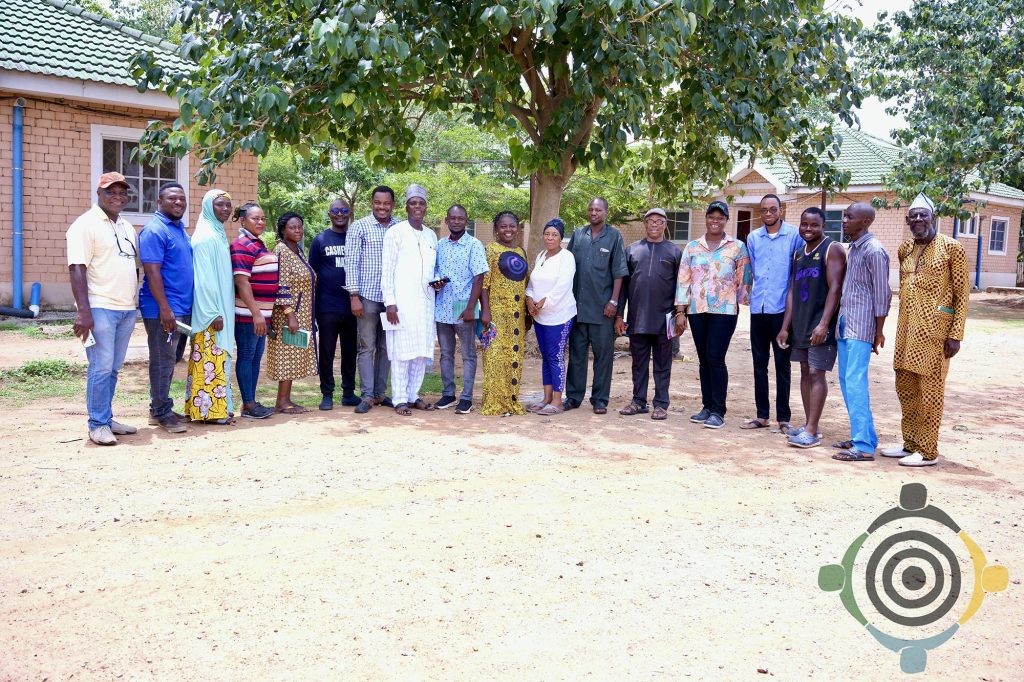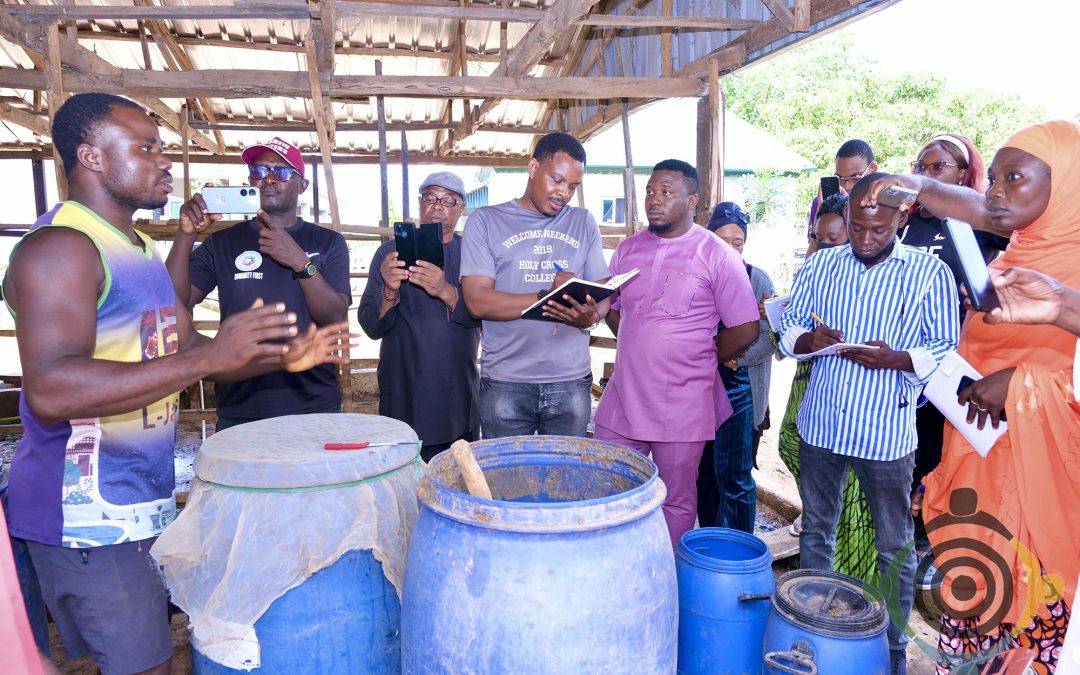PRACTICAL AGROECOLOGY TRAINING FOR CSOS/TRAINERS
Held at the BHF Agroforestry Farm, Kwali, Abuja on 17-18 May 2024
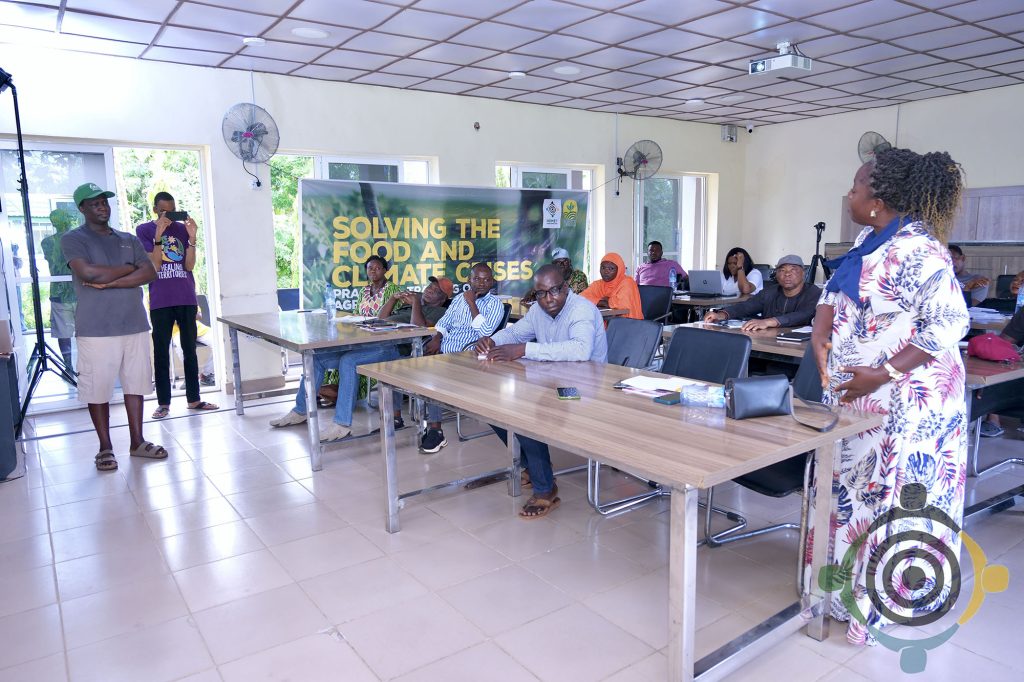
Background
The world is currently grappling with two major crises – hunger and climate change – caused significantly by an agricultural model that sees/treats food as a mere commodity thereby generating hunger and encouraging biodiversity loss. This system of agriculture the industrial model contributes significantly – up to 40% – to the climate emergency.
In Nigeria, efforts at increasing food productivity and adapting to the climate crisis have erroneously included the entrenchment of genetic engineering in agriculture and this is a false solution that further compounds the problems. Genetically modified Organisms (GMOs) have dire implications for biodiversity, human and environmental health and does not support local economies -rather they increase profit for just a handful of transnational corporations. The threats of biodiversity loss are compounded by the registration and use of highly hazardous pesticides.
To address these issues, it is imperative that we critically examine and change our mode of food production and consumption. Agroecology has been proven to not only assure food sovereignty; it cools the planet and helps farmers and communities across the world adapt to the climate crisis. Agroecology strengthens local economies and enforces the right to food and the rights of food producers. A transition to an Agroecological system of farming is crucial at this time.
It is therefore of the essence that our farmers are equipped with adequate knowledge on agroecology to enable them continuously meet the responsibility of producing safe, nutritious and culturally adapted food in the face of the climate crises while sustaining their livelihood as well.
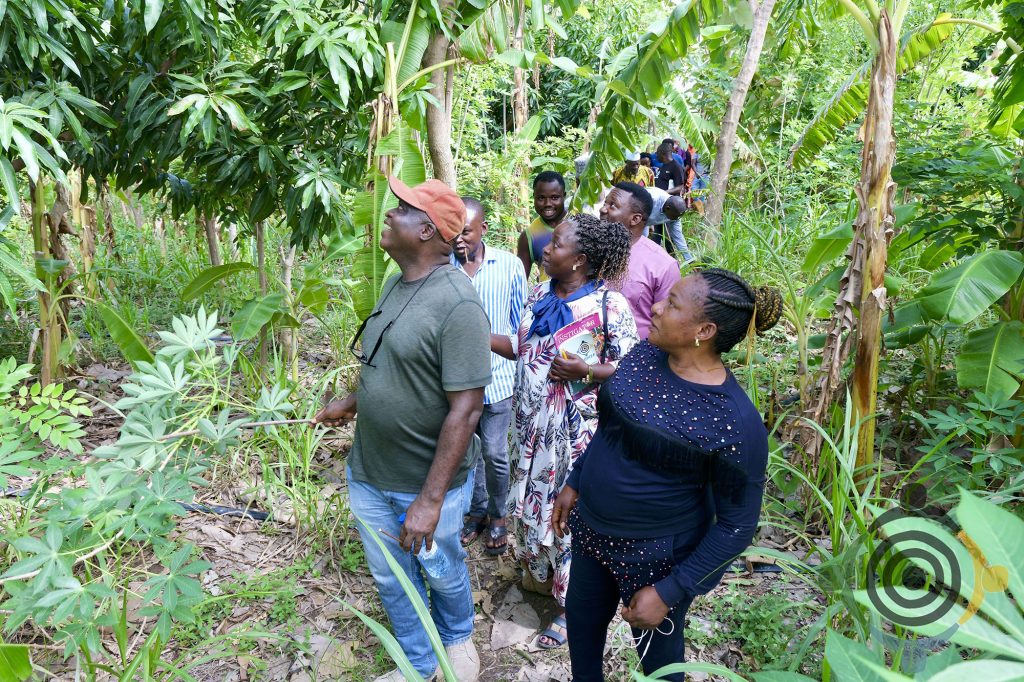
The Event
Health of Mother Earth Foundation in collaboration with the GMO-Free Nigeria Alliance and Be the Help Foundation organised a practical training for CSOs and Trainers at the Agroforestry Farm in Kwali Area Council, Abuja on 17-18 May 2024.
The training which brought together key 15 farmer group leaders/trainers from across the country, focused on the implication of GMOs and inorganic pesticides; practical production of organic pesticides and fertilisers; agroforestry including water, carbon and nutrient cycles, plant and soil health and reproduction; biodiversity improvement; and farm management. As a follow up to the training, the trainers/CSOs will be organising a stepdown training in their various communities.
Participants acknowledged that Agroecology including agroforestry models of regenerative agriculture is the safest and most effective way of solving the food and climate change challenges in Nigeria while empowering local farmers/communities.
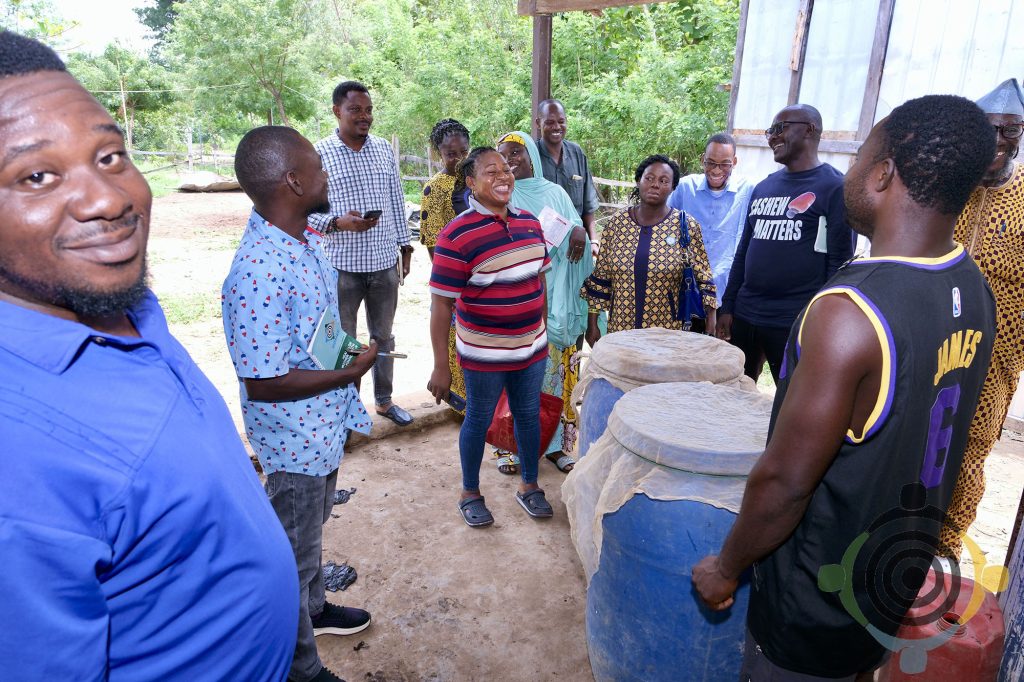
Key Recommendations
The decision in May 2023 by the House of Representatives to probe the approval of GMOs in Nigeria is laudable. However, the government must ensure that the investigations are fair and thorough.
GMOs should banned in effect, owing to their serious economic, environmental and health implications. There should also be a proper examination on the root causes of food insecurity in Nigeria and direct measures to address them taken.
The government should provide to the farmers, better access to land to encourage the adoption of agroecology – a sustain-able agricultural practice. Also, government at all levels should increase support for farmers with provision of needed infrastructure and good roads to access markets as well as extension service.
The government should endorse and adopt agroecology as the sustain-able farming system in Nigeria which will not only ensure food security, but also bring about food sovereignty while improving adaptation to climate change.
The government through the Ministry of Agriculture and Rural Development, should partner with groups like HOMEF and the BHF to set up agroecology demonstration farms in communities and extend the knowledge/practice of agroecology to more farmers/communities across the country.
